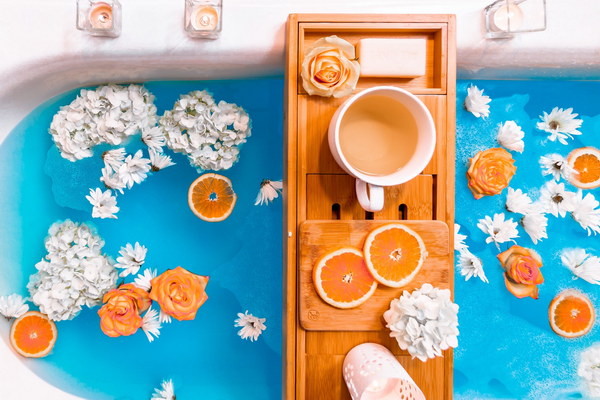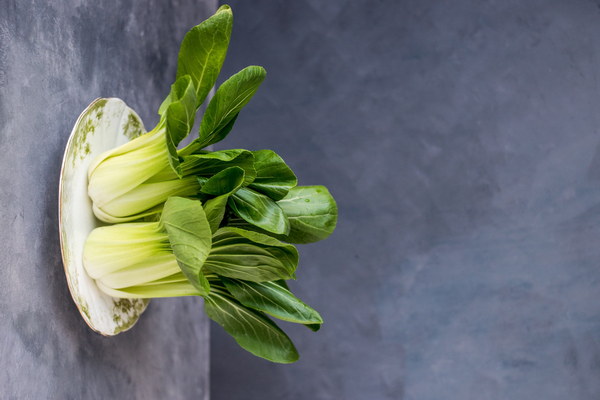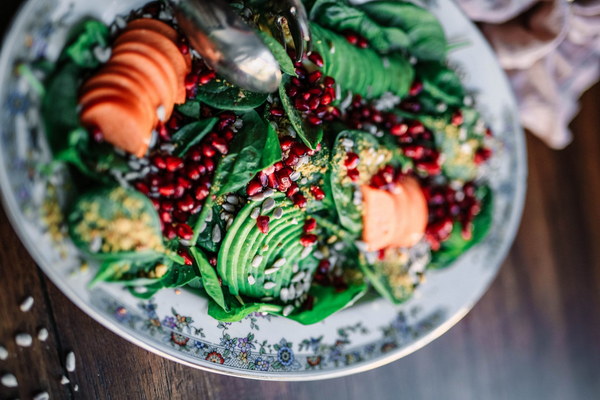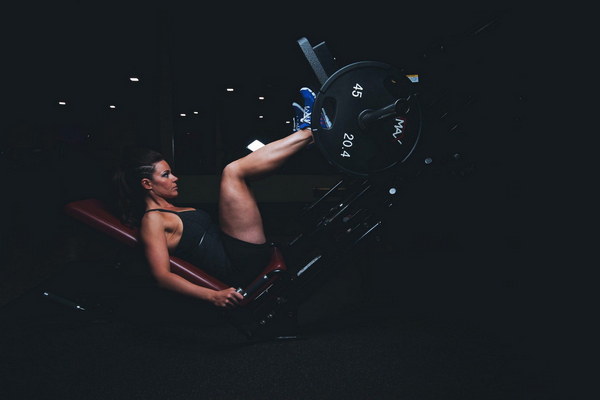How to Get Rid of Dampness in Indonesia Traditional and Modern Remedies
Indonesia, known for its lush, tropical climate and high humidity, is a place where dampness can be a common concern. Whether it's due to the weather or the traditional housing styles, dealing with dampness is an essential part of daily life in Indonesia. In this article, we will explore various traditional and modern remedies to help you get rid of dampness in your home and personal life.
Traditional Remedies
1. Using Baking Soda: Baking soda is a natural dehumidifier that can absorb moisture from the air. Simply place an open container of baking soda in areas prone to dampness, such as bathrooms and kitchens, to help reduce humidity.
2. Cinnamon Sticks: Cinnamon sticks are not only aromatic but also effective in absorbing moisture. You can place a few cinnamon sticks in a bowl of water or scatter them around your home to keep the air dry.
3. Drying Clothes Outdoors: In Indonesia, drying clothes indoors can lead to dampness. To avoid this, always hang your laundry outdoors in the sun. The heat and breeze will help dry your clothes quickly and prevent dampness.
4. Using Salt: Salt is another natural dehumidifier. Place a bowl of salt in areas with high humidity to absorb excess moisture. Remember to replace the salt every few days for optimal results.
5. Lavender and Other Herbs: Lavender and other aromatic herbs not only provide a pleasant scent but also help absorb moisture. You can use these herbs in sachets or place them in bowls around your home.
Modern Remedies

1. Dehumidifiers: Modern dehumidifiers are designed to remove excess moisture from the air. These devices are particularly useful in humid climates and can be used in both homes and offices.
2. Air Conditioners: Air conditioners not only cool the air but also reduce humidity. By using an air conditioner, you can create a more comfortable and dry environment in your home.
3. Ventilation: Proper ventilation is crucial in preventing dampness. Ensure that your home has adequate ventilation to allow for the exchange of air. Open windows and use fans to improve air circulation.
4. Using Desiccants: Desiccants are substances that absorb moisture. You can find desiccants in various forms, such as packets or powders. Place these desiccants in your closet, drawers, and other enclosed spaces to prevent dampness.
5. Waterproofing: If dampness is a persistent problem in your home, consider waterproofing the walls and floors. This will help prevent moisture from seeping in and causing damage.
Personal Remedies
1. Wearing Appropriate Clothing: In humid weather, it's essential to wear breathable and moisture-wicking clothing. Avoid wearing clothes made from synthetic materials, as they tend to trap moisture and make you feel clammy.
2. Using Moisture-Wicking Products: Moisture-wicking products, such as towels and bedding, can help absorb sweat and reduce dampness on your skin.
3. Taking Regular Showers: In humid weather, it's important to take regular showers to wash away sweat and prevent dampness. After your shower, make sure to dry off thoroughly to avoid feeling clammy.
In conclusion, dealing with dampness in Indonesia is a multifaceted task that requires a combination of traditional and modern remedies. By implementing these solutions, you can create a more comfortable and dry environment in your home and personal life.








